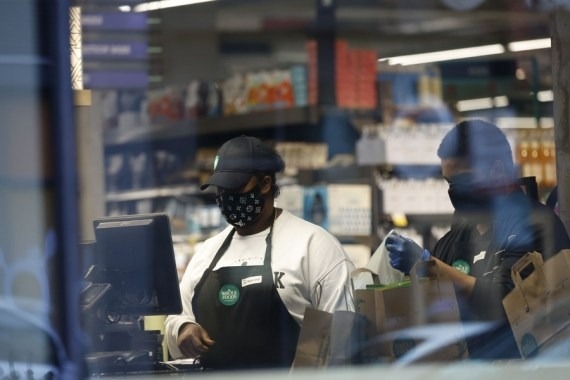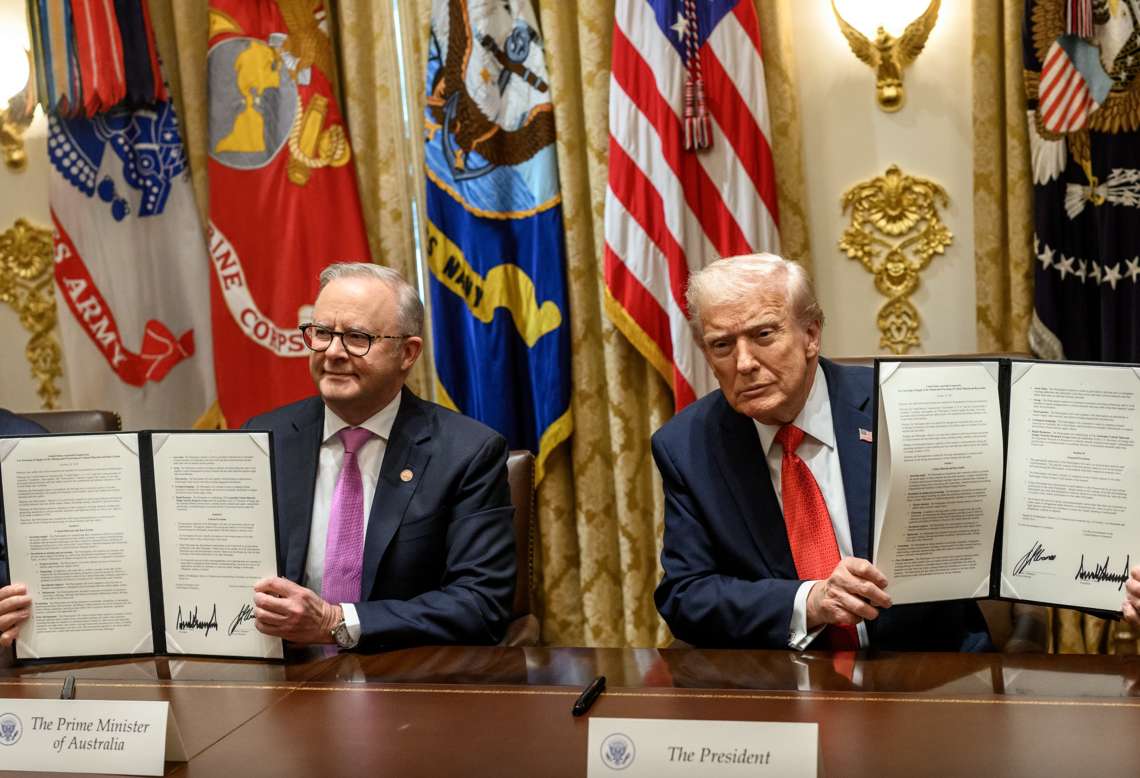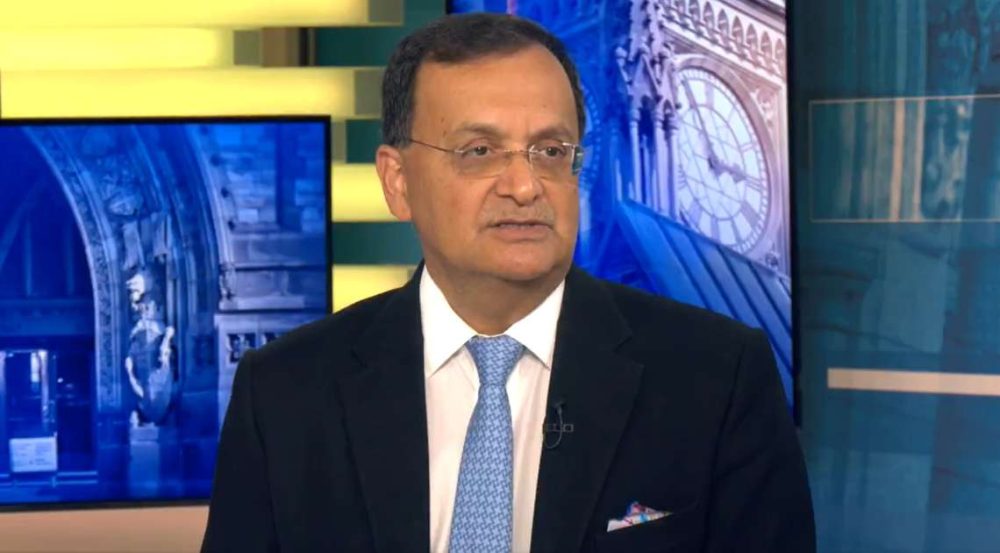President Joe Biden understands that and reminded the country in remarks on Friday as he celebrated the new job report…reports Asian Lite News
US unemployment numbers have dipped to a 50-year low in the month of December, in the surest sign of economic recovery from the debilitating impact of the Covid-19 pandemic and, more recently, the global oil price hike triggered by the Ukraine war. But inflation remains a stubborn challenge.
President Joe Biden understands that and reminded the country in remarks on Friday as he celebrated the new job report.
“Today’s report is great news for our economy and more evidence that my economic plan is working. The unemployment rate is the lowest in 50 years. We have just finished the two strongest years of job growth in history. And we are seeing a transition to steady and stable growth that I have been talking about for months,” he said.
But, Biden cautioned: “We still have work to do to bring down inflation, and help American families feeling the cost-of-living squeeze. But we are moving in the right direction.”
Inflation stood at 7.1 per cent for the 12 months that ended in November, according to the most recent count from the Labor Department; a new estimate is expected later in January.
Fed Reserve Bank’s intervention started last June as inflation soared to a 40-year high of 8.6 per cent, with a massive rate hike of 0.75 per cent, which was the most since 1994. Six more hikes would follow over the next few month of varying sizes, the last of which was half a percentage point in December.
The goal of these hikes is to curb spending by making credit costly. But there are fears that they may end up restricting production – if consumers don’t buy, companies won’t have much to sell and will cut production – and slow down the economy, triggering recession.
The Fed is set to announce another rate hike after the January 31-February 1 meeting of its top decision-making body. But there indications that hikes might be smaller in the range of quarter percentage points, according to the minutes of the body’s December meeting that were released this week.
“Most participants emphasized the need to retain flexibility and optionality when moving policy to a more restrictive stance,” the minutes said, indicating Fed officials were prepared to scale down the hikes.
But the hikes will continue. “Participants reaffirmed their strong commitment to returning inflation to the (Federal Open Market) Committee’s 2 per cent objective,” the minutes said. “A number of participants emphasised that it would be important to clearly communicate that a slowing in the pace of rate increases was not an indication of any weakening of the Committee’s resolve to achieve its price stability goal.”
The Biden administration also took a shot at inflation – through the ambitious $370 billion Inflation Reduction Act, which seeks to lower deficit by higher taxes on the super-rich, extend healthcare benefits, lower prices for certain prescription drugs, and a historic investment in clean energy.
The real battle on inflation, meanwhile, has continued to be fought at gas pumps and in grocery stores. Gas rices continue to be rise and fall, pushed up by the Ukraine war, despite several rounds of releases from the US strategic reserves ordered by President Biden.
A direct consequence of the economic uncertainties – through not linked solely to inflation – has been large layoffs in the tech sector starting with Facebook and Twitter in November. More than 125,000 tech employees were laid off in 2022. And it continues – Amazon announced Thursday it’s letting go 18,000 employees, its largest cut ever, and the day after online clothing company Stitch Fix is letting go of 20 per cent of its staff and crypto lended Genesis said it plans to cut 30 per cent.
These tech companies had hired aggressively during the Covid-19 pandemic as online usage by people peaked as they worked, studied, shopped and played remotely from home. The return to normalcy has left these companies with excessively bloated staff, which became increasingly unsustainable – more as fears of an economic downturn loomed.
There are many Indian H-1B visa holders among them. The layoff has been traumatic for them, because it foreshadows the end of their stay in the US if they are not able to find another employer within 60 days. For those in queue for Green card – permanent US residency – who have been in the US for far longer confront an even more devastating situation, their children, who were born and raised here, have not known any country as home.
They have a fairer shot finding alternate employment in an improving job market as reflected in the record unemployment numbers means. Industry experts are forecasting better career options for tech professionals in non-tech companies, such as in the healthcare and hospitality sectors, for instance.














